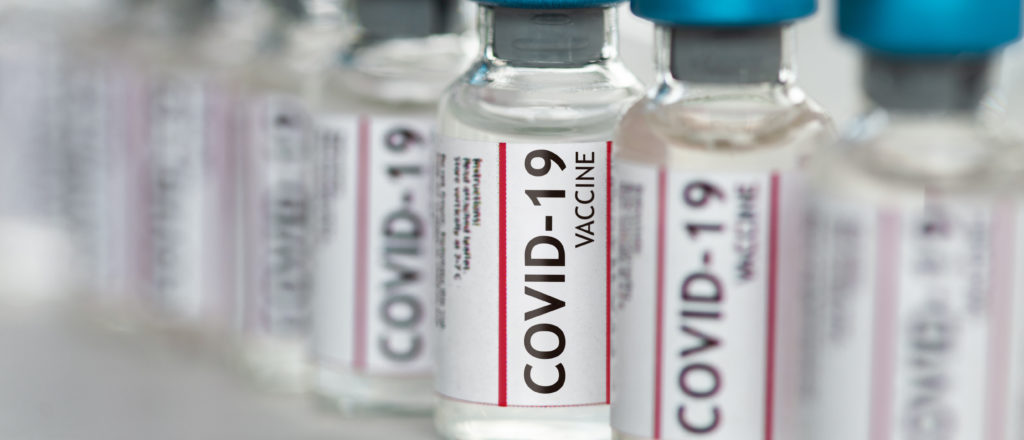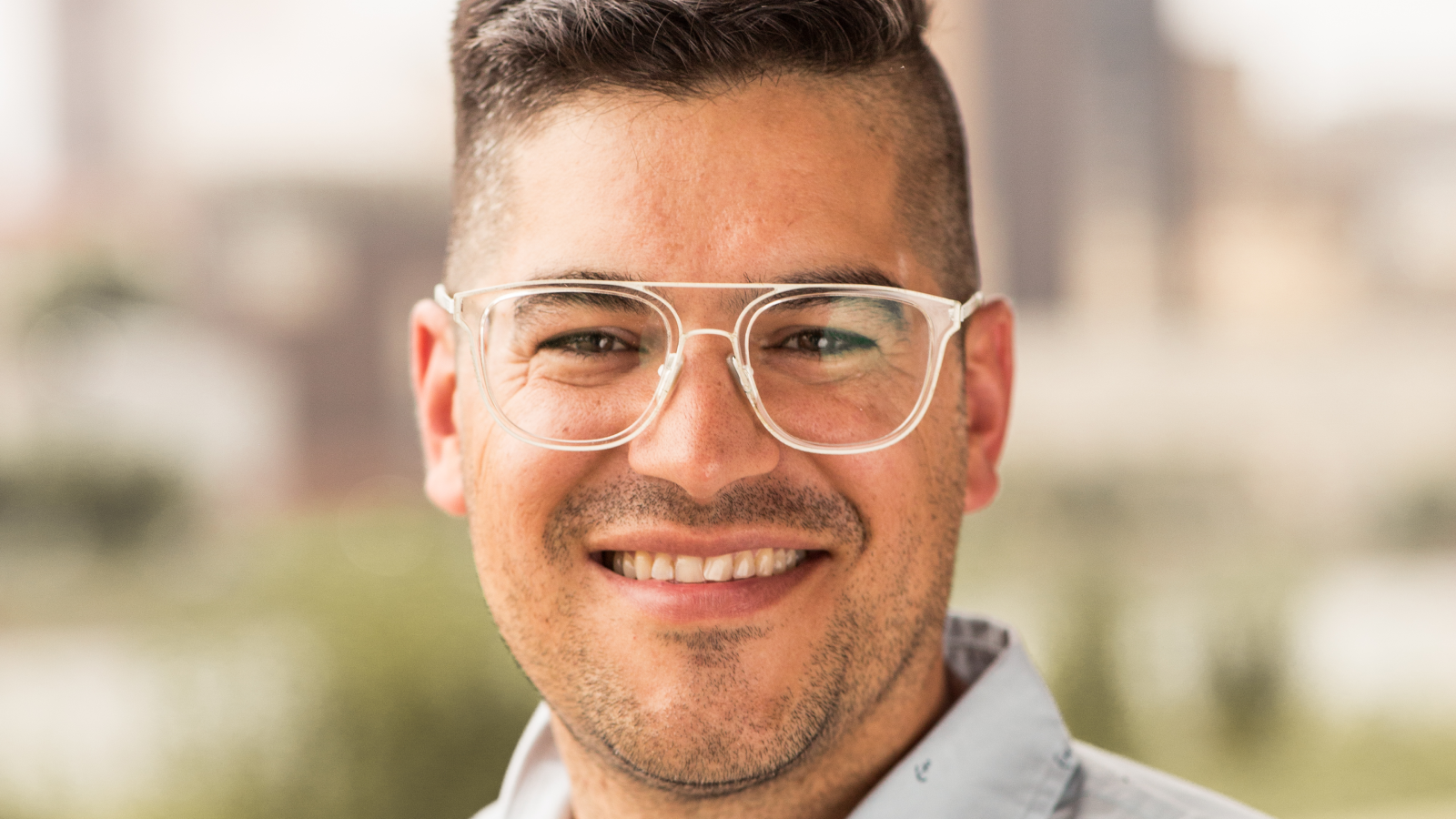Impact of isolation during COVID pandemic, resources to help
West End Healthline
by Ashley Wittrock, MD
Humans are social creatures. Our fellow humans help us maintain healthy habits, care for us when we are sick and even help us live longer lives. To slow the spread of COVID over the past two years, however, we took actions such as social distancing and quarantining. While this has proven to be important, it has also impacted our mental health.
Isolation during this pandemic has shown to cause loneliness, boredom, anger, anxiety, depression and thoughts of suicide. People may have impaired mental function and higher risk of dementia. Alcohol and drug use has increased, suggesting people are struggling to cope with life stressors. Diets have changed to include more snacking and sugary foods and beverages. Studies have also shown people are less physically active, have worse quality of sleep and reduced activities of daily living. Things like showering, cleaning the house, doing laundry, etc. I personally have just put a sweater over my pajamas for a zoom meeting. Nobody will know, right? While this kind of behavior can be fine every now and then, it can take a toll on your mental health if it becomes a habit.
The impact on our physical health is apparent as well. Studies have shown isolation and loneliness increases the risk of high blood pressure, heart disease, stroke, headache, breathing problems, gastrointestinal (GI) issues, weaker immune system and a shorter lifespan. Some say it equates to smoking 15 cigarettes or drinking six alcoholic beverages a day. That is shocking to me.So, enough doom and gloom. What can we do? Proper diet, exercise, good sleep and a structured daily routine are all necessary. Healthy coping skills are important as well. Examples include reframing negative thoughts, deep breathing, meditation, mindfulness, yoga and Tai chi. It is beneficial to maintain religious and cultural practices. I also recommend challenging your mind by reading books or playing strategy and memory games. Learn new skills like cooking, painting or a new language. Entertain your senses by listening to music, tasting new food or looking at art. Appreciate nature by going for walks. Find companionship with pets; even robotic pets for the elderly have been shown to significantly improve feelings of loneliness.
Technology has also come a long way to keep us connected in times like these. We can always reach out to family and friends via calling, texting or chatting on Facetime or social media. Doctor appointments can also be done by phone or video visits. Keep in mind, some barriers to technology are access to the internet or smart devices and knowledge of how to use the technology. So be understanding of other people’s situations and help when possible.
As social isolation impacts the youth and elderly the most, I wanted to provide excellent online resources offered by Allina Health. Health Powered Kids (healthpoweredkids.org) focuses on 3-12-year-olds. The website has lesson plans, activities and resources for families related to nutrition, physical fitness, hygiene and mind-body balance. Change to Chill (changetochill.org) helps teens become more aware of things that stress them out and equips them with tools and resources to better manage stress and anxiety so they can live happier and more resilient lives. On their website you will find coping mechanisms and activities on mindfulness, guided imagery, mindful movement and mental remix. In March 2022, they published new resources related to stress and identity, as well as materials for teens identifying as BIPOC and/or LGBTQ+. These will continue to be expanded upon throughout the year. Lastly, Hello4Health (hello4health.org) has activities and skill-building tools to help older adults develop and maintain social connections.
Take a pause and assess how you are doing. Check in with loved ones. Think about your friends, coworkers and strangers you pass by throughout your day. Remember to be kind to yourself and others. We are all in this together!
Ashley Wittrock, MD, is a family medicine doctor at Allina Health United Family Physicians, 233 Grand Ave, Saint Paul, MN 55102. 651-241-5200.




